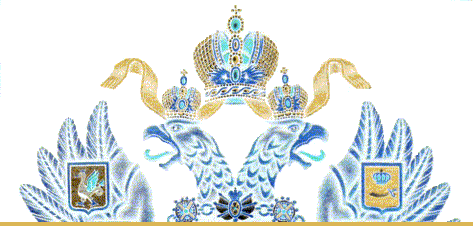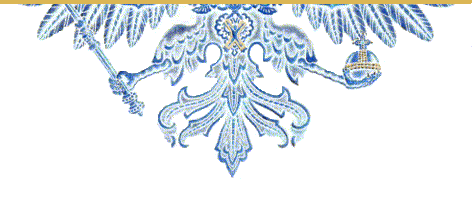
18th CENTURY IMPERIAL RUSSIA
Imperial Russia, as we know it today, started under Peter the Great in 1696. Although the first Romanov Tsar, Mikhail Feodorovich had ruled in the early 17th century (1613 -1645), it was under Peter the Great that Russia became one of Europe's most powerful countries. The turn of the century marked a high point of change in Russia. International relations with other European countries were established to help modernise Russia and no longer isolate them from the rest of the civilized world. As a result Russia's society, education, literature, science and art resembled that of Western Europe. Russia's greater interactions with Europe caused the switch from feudal orders to a Capitalist system. As a result the intellectuals contributed to solving Russia's social problems; there were very few who didn't.
In the year 1703 Peter the Great began work on constructing a new city. A city for the intellectually elite: nobles, aristocracy and Tsars. The city was called St. Petersburg after St. Peter not Peter the Great. St. Petersburg was the city made to display the many treasures of the Tsars. It was named the capital of all Russia in 1712 and was nicknamed, Russia's "Window to the West". It served as a seaport for Russia's first navy, which was founded by Peter the Great due to his fondness of the sea. St. Petersburg, or "Petersburg" became the centre of Russia's fashion and intelligentsia.
Changing philosophies and the establishment of modern science resulted in major changes throughout most of Europe. These changes involved, production and manufacturing as well as an increase in trade. Natural science, in particular, was the result of an increased understanding of modern science in 18th century Russia. This greater understanding came about due to the new intellectual ways of thinking: "rationalism and enlightenment". Philosophy, medicine, physics, poetry and politics were bourgeoning in Russia during this period called "The period of Enlightenment".
Leibniz and Wolff, who were commissioned by Peter the Great were played major roles in the attempt to Modernise Russia. They were commissioned to help work with the founding of an Academy of Sciences in Russia.
